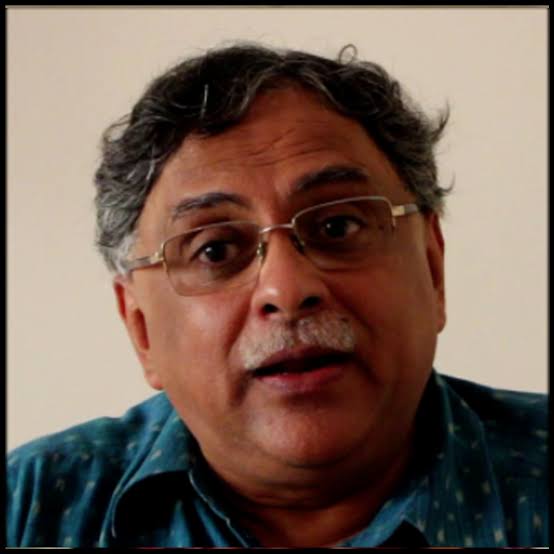
ANNOUNCEMENT🧵 from Three Essays Collective!
We've re-released, in Kindle edition globally & print editions in major foreign markets (via Amazon):
The Everyday Life of Hindu Nationalism: An Ethnographic Account
By Shubh Mathur
🛒: amazon.in/dp/B0B2L7MQ28?…
We've re-released, in Kindle edition globally & print editions in major foreign markets (via Amazon):
The Everyday Life of Hindu Nationalism: An Ethnographic Account
By Shubh Mathur
🛒: amazon.in/dp/B0B2L7MQ28?…

The Everyday Life of Hindu Nationalism: An Ethnographic Account
By Shubh Mathur
Tags: Culture, #Fascism, #Gujarat, Hinduism, #Hindutva, Islam, Justice, Muslims, #Nationalism
The Kindle edition in India is just ₹150!
amazon.in/dp/B0B2L7MQ28?…
By Shubh Mathur
Tags: Culture, #Fascism, #Gujarat, Hinduism, #Hindutva, Islam, Justice, Muslims, #Nationalism
The Kindle edition in India is just ₹150!
amazon.in/dp/B0B2L7MQ28?…
Some hardovers available at 600 too! #AcademicTwitter
Everyday Life of Hindu Nationalism: An Ethnographic Account amzn.eu/d/fehw8Kz
Everyday Life of Hindu Nationalism: An Ethnographic Account amzn.eu/d/fehw8Kz
An ethnographic account of the rise of Hindu nationalism in the north Indian state of Rajasthan during the period 1990-94,
It looks at the transformation of cultural meanings in everyday life that make possible the political success & anti-minority violence of the Hindu right.
It looks at the transformation of cultural meanings in everyday life that make possible the political success & anti-minority violence of the Hindu right.

Many accounts of the Hindu right that present images of religious frenzy & fanaticism are misleading bc they draw attention away from the world of the everyday & ordinary, from homes, workplaces, schools & communities where realities of Hindu nationalism are created & maintained. 

This book takes seriously the claims of RSS activists that theirs is a cultural organization, and that its main task is ‘character- building’, in order to answer the central question:
(++)
(++)

++
How does one comprehend the selves that are capable of the extraordinary violence witnessed in India at the turn of the millennium?
How does one comprehend the selves that are capable of the extraordinary violence witnessed in India at the turn of the millennium?

The patterns of anti-minority violence that accompanies the rise of Hindu nationalism show that it follows not a political or economic logic, but a cultural one.
The geographic & demographic distribution of violence maps & confirms cultural beliefs abt the nation & its enemies.
The geographic & demographic distribution of violence maps & confirms cultural beliefs abt the nation & its enemies.

Finally, this book argues that media and academic discourses on Hindu nationalism function to produce what has been called ‘cultural anesthesia’, diffusing and deflecting questions..
++
++

++
..about agency and accountability while silencing the experience of the victims and excluding the cultural idioms which provide them means of comprehension and healing.
..about agency and accountability while silencing the experience of the victims and excluding the cultural idioms which provide them means of comprehension and healing.

Shubh Mathur is an anthropologist whose work focuses on minorities, violence, human rights, gender & immigration. She received her doctorate from the New School for Social Research, NY. She is at present Visiting Assistant Professor of Anthropology at Franklin Pierce University. 

Thank you for reading this!
Support independent publishing by purchasing the book and/or by amplifying this!
🛒: amazon.in/dp/B0B2L7MQ28?…
Support independent publishing by purchasing the book and/or by amplifying this!
🛒: amazon.in/dp/B0B2L7MQ28?…

Tagging folks who may be interested:
@suchitrav @FriedrichPieter @yusufpore @YunusLasania @willgupshup @Hindus4HR @IAMCouncil @Vakeel_Sb @watchthestate @indiacivilwatch
@suchitrav @FriedrichPieter @yusufpore @YunusLasania @willgupshup @Hindus4HR @IAMCouncil @Vakeel_Sb @watchthestate @indiacivilwatch
• • •
Missing some Tweet in this thread? You can try to
force a refresh













